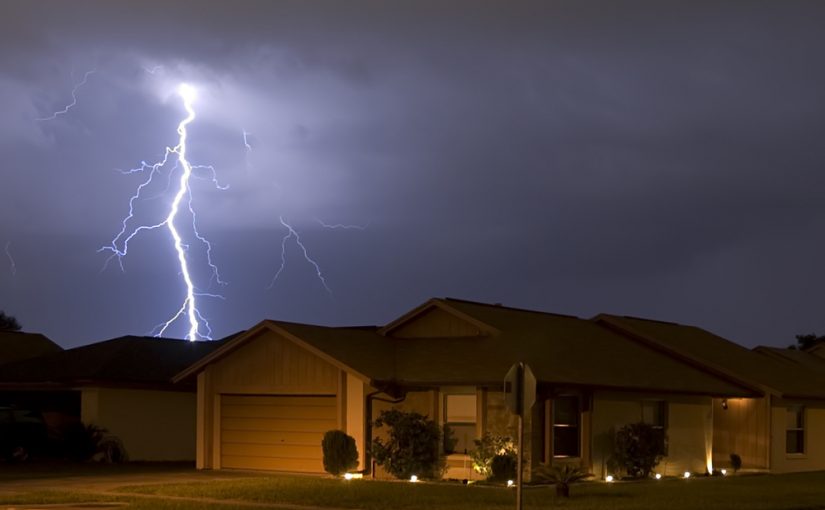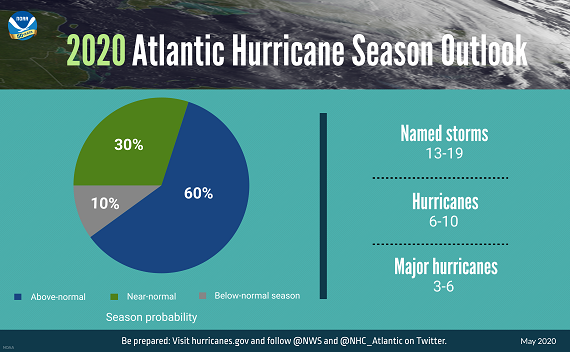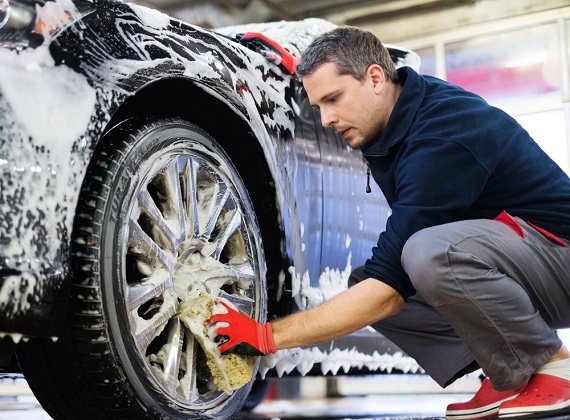It’s National Lightning Safety Awareness Week. It’s good timing because July is the month with the most cloud-to-ground lightning strikes. According to the National Weather Service (NWS), four people have been killed by lightning so far this year. On average, 43 people died of lightning strikes each year over a 10-year period. Only about 10% of people who are struck by lightning are killed, leaving 90% with various degrees of disability. Your odds of being struck in a given year are about 1/1,222,000. Your odds of being struck in your lifetime if you live to be 80 are about 1/15,300.
From 2006 through 2019, 418 people were struck and killed by lightning in the United States.
- 2/3 of the deaths occurred to people engaged in outdoor leisure activities
- Males accounted for 79% of all fatalities
- Fishermen accounted for four times as many fatalities as golfers
- Beach activities and camping each accounted for about twice as many deaths as golf
- Of work-related activities, farming was most dangerous
- Texas, Oklahoma, Kansas, and Florida are the top four states with the highest recorded number of lightning strikes
- Florida ranks first in lightning strike fatalities
- 1/3 of all lightning related injuries occur indoors
- Lightning can have a range of up to 10 miles from the thunderstorm. It’s important to go inside at first sign of an approaching storm and to say inside up to 30 minutes after a storm has passed
Did you know that there are five ways that lightning can strike you?
Check out lightning myths & facts
NWS offers these tips about what you need to know to stay safe outdoors:
- NO PLACE outside is safe when thunderstorms are in the area!!
- If you hear thunder, lightning is close enough to strike you.
- When you hear thunder, immediately move to safe shelter: a substantial building with electricity or plumbing or an enclosed, metal-topped vehicle with windows up.
- Stay in safe shelter at least 30 minutes after you hear the last sound of thunder.
Last Resort Outdoor Risk Reduction Tips – If you are caught outside with no safe shelter anywhere nearby the following actions may reduce your risk:
- Immediately get off elevated areas such as hills, mountain ridges or peaks
- Never lie flat on the ground
- Never shelter under an isolated tree
- Never use a cliff or rocky overhang for shelter
- Immediately get out and away from ponds, lakes and other bodies of water
- Stay away from objects that conduct electricity (barbed wire fences, power lines, windmills, etc.)
For many years, the advice was to assume a crouch position if caught outside, but NWS stopped recommending the crouch in 2008 because it simply doesn’t provide significant protection
Indoor Lightning Safety
Some victims were struck inside homes or buildings while they were using electrical equipment or corded phones. Others were in contact with plumbing, outside doors, or window frames. Avoid contact with these electrical conductors when a thunderstorm.
- Stay off corded phones, computers and other electrical equipment that put you in direct contact with electricity.
- Avoid plumbing, including sinks, baths and faucets.
- Stay away from windows and doors, and stay off porches.
- Do not lie on concrete floors, and do not lean against concrete walls.
The Electrical Safety Foundation International (ESFI) says that power surges caused by lightning can damage the electronics in your home. They offer this advice:
- Lightning protection systems intercept lightning strikes and provide grounding path for dangerous electricity to discharge safely, leaving occupants and homes safe from harm
- Panel box surge protective devices (SPDs) serve as the first line of defense against harmful home electrical surges, limiting voltages by diverting currents at the electrical service entrance. Only qualified electricians should install SPDs
- Point of use surge protectors protect electronics plugged into the device from surges, must be replaced over time or after a major surge event
- Power strips do not provide surge protection
- No surge device can handle a direct lightning strike. Unplug sensitive electronics well before a storm to prevent damage
Additional resources
- Lightning safety tips and resources from the National Weather Service
- Handling pet fears in thunder & lightning storms
- Protecting your home from lightning strikes
- Survivor stories – interviews, along with where it the strike happened both geographically and what activity they were doing; what the medical impact was/is
- Lessons from Lightning Strike Survivors
- Weather Nation TV offers good safety tips on reducing risk when shelter isn’t available, such as when camping, hiking, boating and diving
Reprinted from Renaissance Alliance – no usage without permission.









